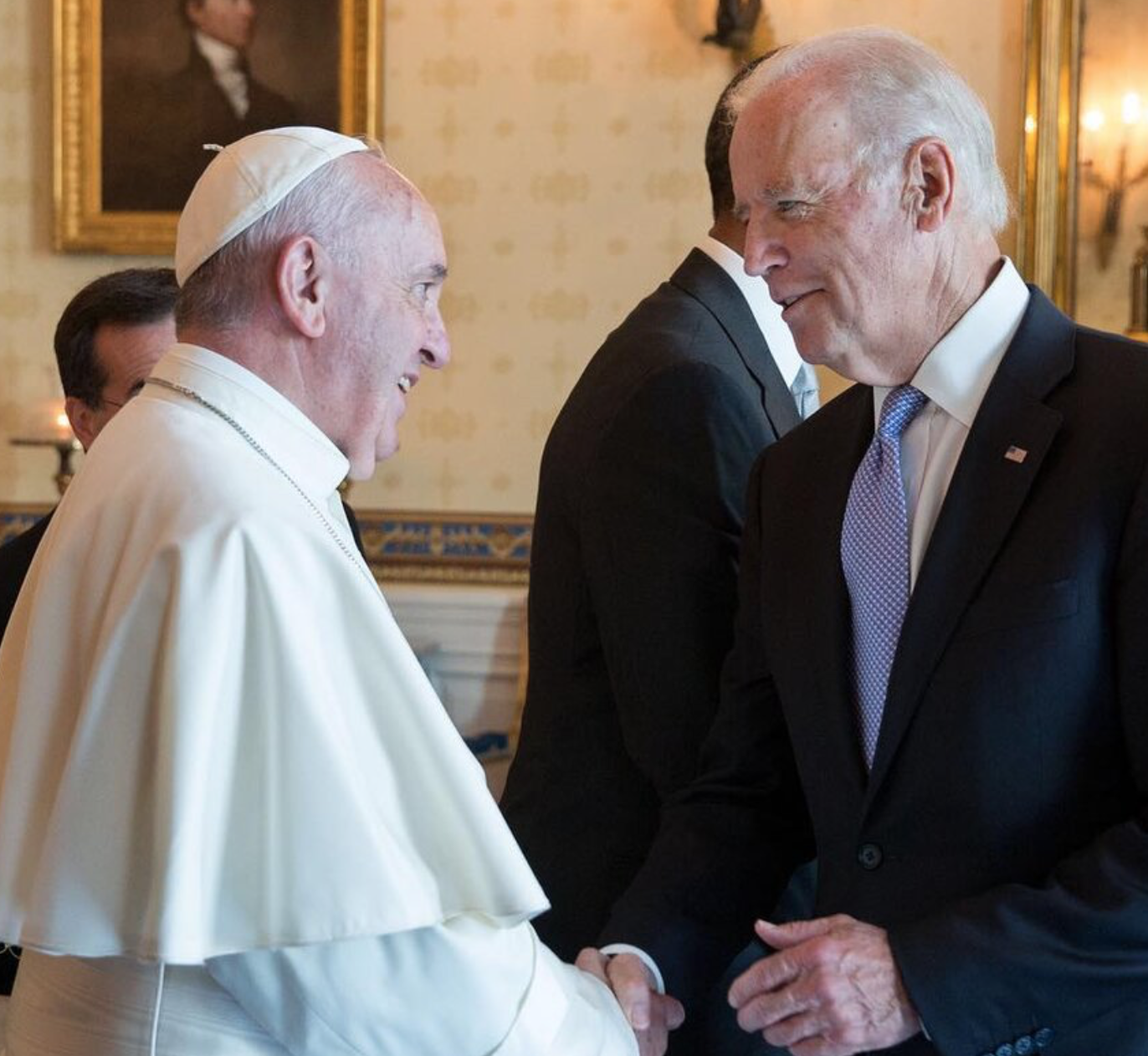The topic of this Memo will not surprise readers.
It’s time to focus on the U.S. Catholic vote in 2024, following up a prior Memo assessing religion angles with Donald Trump’s prospects. The Guy once again advises journalists and other observers that Catholics are more pivotal politically than unbudgeable Democrats such as Black Protestants, non-Orthodox Jews and non-religious Americans.
Ditto with the long-running lockstep Republican loyalty among white evangelical Protestants and Latter-day Saints, in national-level elections when they are pushed into a two-party vise. As for America’s other major religious bloc, the more liberal “Mainline” Protestants, they are nearly split down the middle, usually with slim Republican majorities, and they are declining in influence as memberships shrink.
The past generation saw two U.S. political earthquakes. With one, many Southern white Protestants left the Democrats, effectively ending that party’s “Solid South” that dated from the Civil War, Reconstruction and the New Deal eras. Earthquake No. 2 was the move of white (that is, non-Hispanic) Catholics away from Democratic identity that originated in 19th Century immigration, reinforced in the presidential nominations of Al Smith and John F. Kennedy (who won 78% of Catholic voters in 1960, according to Gallup).
Today, this chunk of the broadly defines “Catholic vote” provides pretty consistent and modest but all-important Republican majorities. The Pew Research Center reports they were evenly split between the two parties as recently as 1994, the year Republicans finally won the U.S. House after four decades of failure. By 2019 they identified as Republican by 57% (and weekly Mass attenders moreso) even though the G.O.P. has never nominated a Catholic. (Could Florida’s Ron DeSantis be the first?)
Around two-thirds of Hispanic Catholics have consistently identified as Democrats, but the media will want to closely monitor their float toward the G.O.P in certain regions, especially pivotal parts of Florida and Texas. Note that Pew newly reports that 67% of Hispanics identified as Catholic in 2010 but only 43% in 2022. The cause was not Protestant inroads, but a remarkable jump from 10% to 30% over a mere dozen years in those who lack religious identity.



